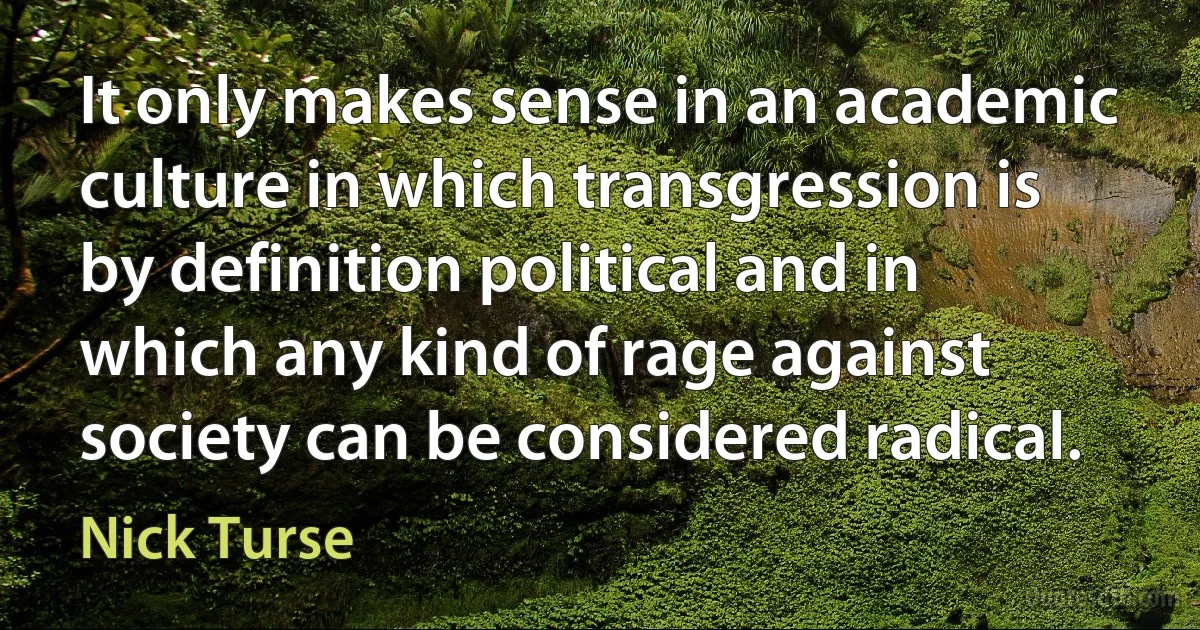Transgression Quotes - page 2
In the "fall of Adam" we must see, not the personal transgression of man, but simply the law of the dual evolution. Adam, or "Man," begins his career of existences by dwelling in the garden of Eden, "dressed in the celestial garment, which is a garment of heavenly light" (Sohar, ii., 229 b); but when expelled he is "clothed" by God, or the eternal law of Evolution or necessarianism, with coats of skin. But even on this earth of material degradation - in which the divine spark (Soul, a corruscation of the Spirit) was to begin its physical progression in a series of imprisonments from a stone up to a man's body - if he but exercise his WILL and call his deity to his help, man can transcend the powers of the angel. "Know ye not that we shall judge angels?" asks Paul (1 Corinthians, vi. 3). The real man is the Soul (Spirit), teaches the Sohar. "The mystery of the earthly man is after the mystery of the heavenly man... the wise can read the mysteries in the human face"

Helena Petrovna Blavatsky
Too often, though, the beauty that is thrust upon us is illusory and deceitful, superficial and blinding, leaving the onlooker dazed; instead of bringing him out of himself and opening him up to horizons of true freedom as it draws him aloft, it imprisons him within himself and further enslaves him, depriving him of hope and joy. It is a seductive but hypocritical beauty that rekindles desire, the will to power, to possess, and to dominate others, it is a beauty which soon turns into its opposite, taking on the guise of indecency, transgression or gratuitous provocation. Authentic beauty, however, unlocks the yearning of the human heart, the profound desire to know, to love, to go towards the Other, to reach for the Beyond.

Pope Benedict XVI
All true love to God is preceded in the heart by these two things - a sense of sin, and an assurance of pardon. There is no love possible - real, deep, genuine, worthy of being called love of God - which does not start with the belief of my own transgression, and with the thankful reception of forgiveness in Christ.

Alexander Maclaren
Today the doses of madness that keep us sane are supplied by new technologies. Anyone online has a limitless supply of virtual sex and violence. But what will happen when we run out of new vices? How will satiety and idleness be staved off when designer sex, drugs and violence no longer sell? At that point, we may be sure, morality will come back into fashion. We may not be far from a time when 'morality' is marketed as a new brand of transgression.

John N. Gray
Advancement - improvement in condition - is the order of things in a society of equals. As Labor is the common burthen of our race, so the effort of some to shift their share of the burthen on to the shoulders of others, is the great, durable, curse of the race. Originally a curse for transgression upon the whole race, when, as by slavery, it is concentrated on a part only, it becomes the double-refined curse of God upon his creatures.

Abraham Lincoln
A couple, a man and a woman - poor human beings almost always go in pairs - approached, and passed. I saw the empty space between them. In life's tragedy, separation is the only thing one sees. They had been happy, and they were no longer happy. They were almost old already. He did not care for her, although they were growing old together. What were they saying? In a moment of open-heartedness, trusting to the peacefulness reigning between them at that time, he owned up to an old transgression, to a betrayal scrupulously and religiously hidden until then. Alas, his words brought back an irreparable agony. The past, which had gently lain dead, rose to life again for suffering. Their former happiness was destroyed. The days gone by, which they had believed happy, were made sad; and that is the woe in everything.

Henri Barbusse
For ten long weary years prior to 9/11, WBC warned you daily on the mean streets of this nation that your sodomite sins will be avenged by an angry God except you repent. You persecuted us for our trouble, thereby aggravating your great transgression. On 9/11/01, God Almighty dealt backsliding America a staggering blow.

Fred Phelps

